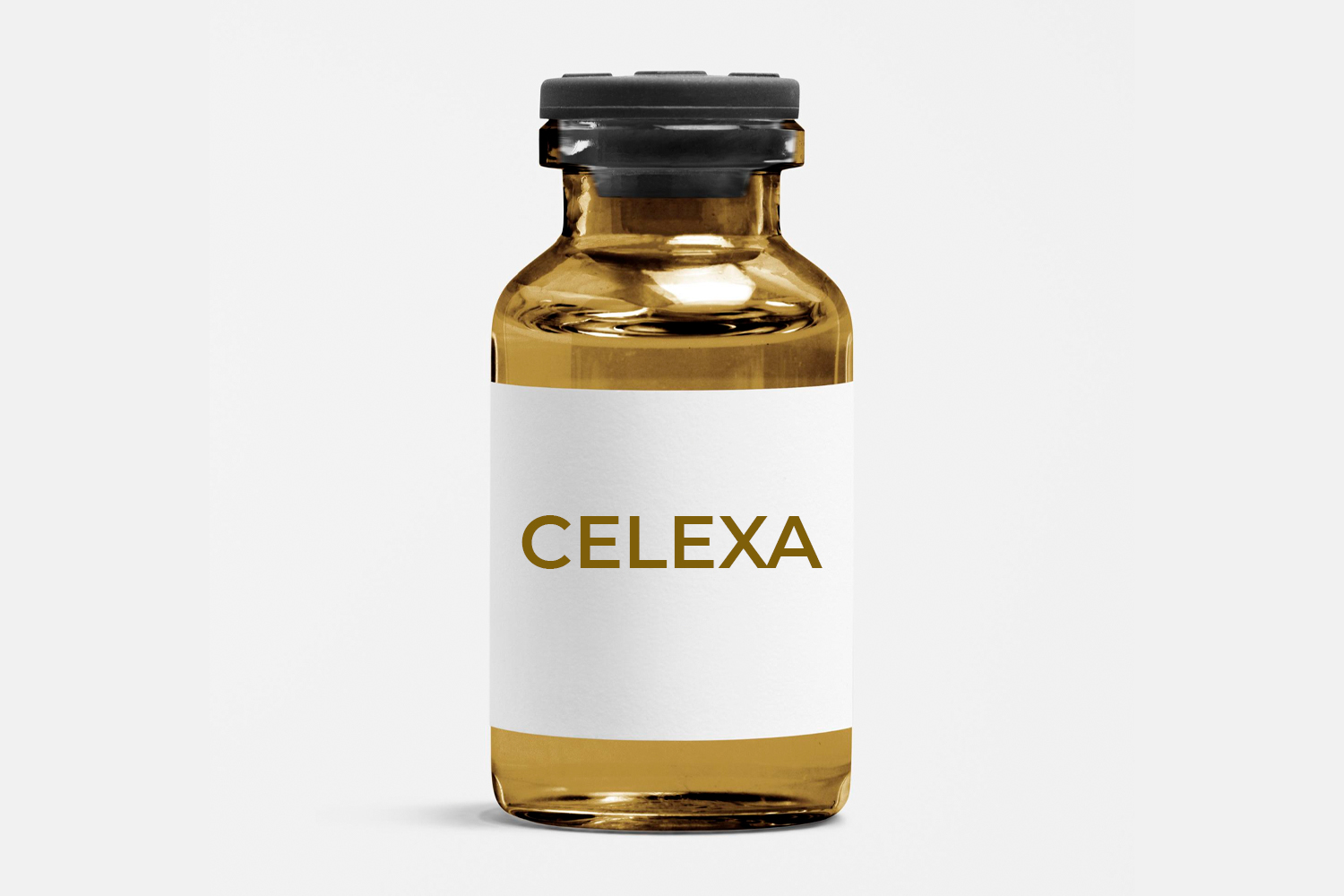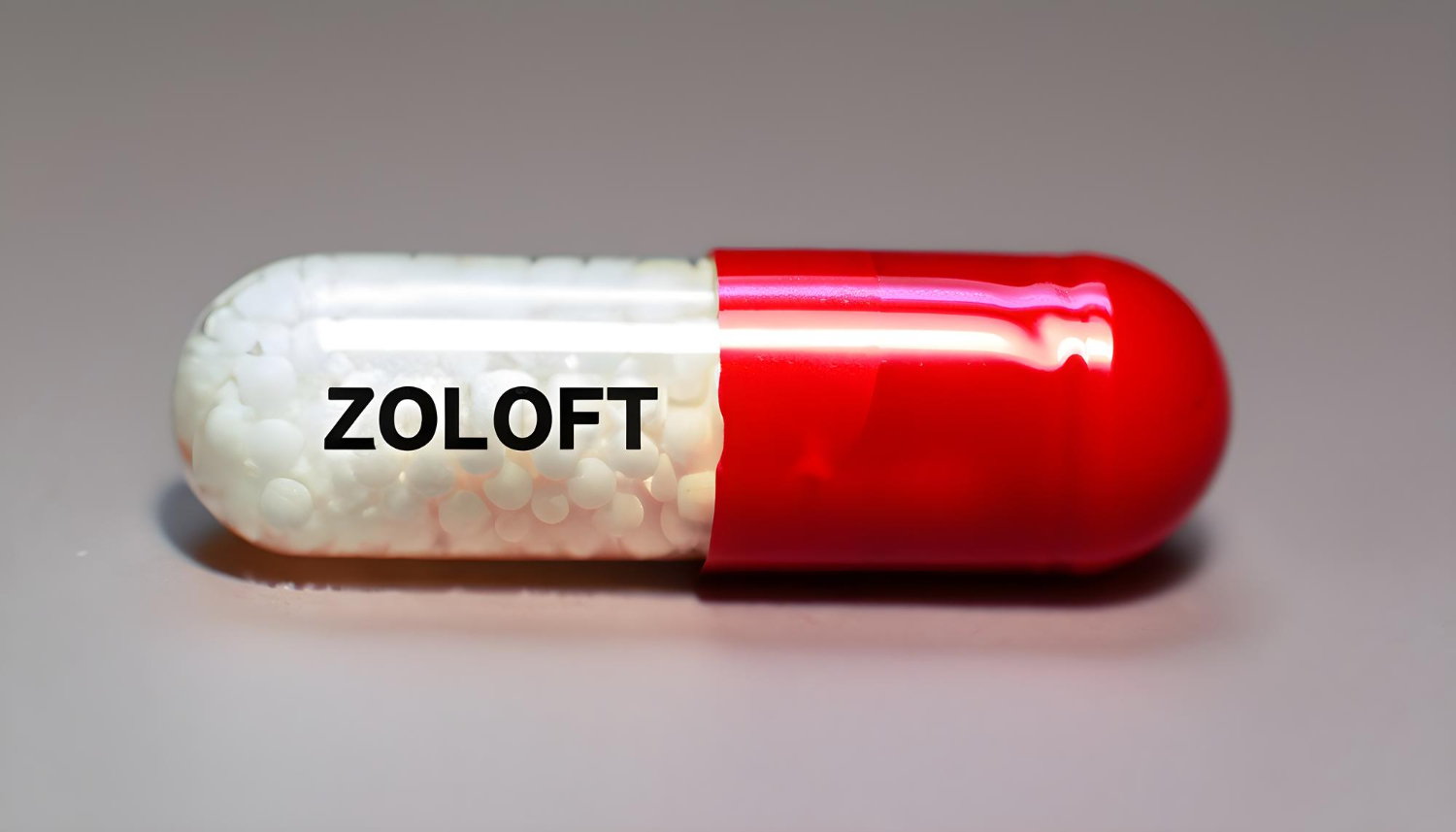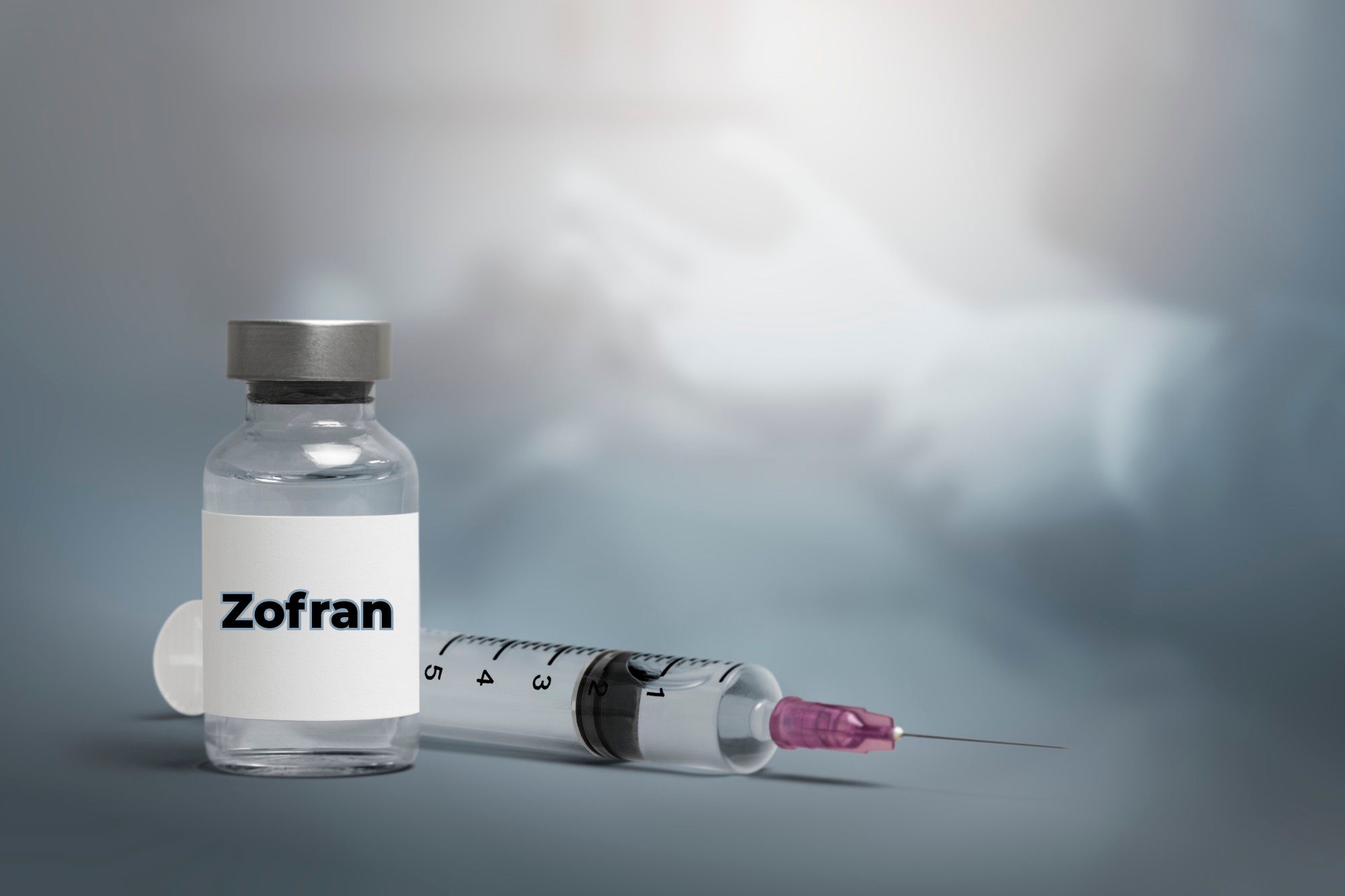Serious Alleged Injuries May Include:
- Risk Of Birth Defects Including Anencephaly, Craniosynostosis, Omphalocele, Septal Defects, Persistent Pulmonary Hypertension (PPHN), Etc.
- Autism
- Increased Risk Of Suicidal Thinking And Violent Behavior
FDA Safety Warnings:
All the makers of antidepressant medications were proposed by the FDA on May 2, 2007, to update the existing black box warning on their products’ labels to include warnings about the increased risks of suicidal thoughts and behavior, known as suicidality, in young adults aged between 18 to 24 years, during the initial treatment.
FDA, on August 12, 2011, recommended to add an information to the package inserts of Celexa that it should not be used at doses greater than 40 mg per day as it was linked to abnormal changes in the electrical activity of the heart and prolonging the QT interval of the electrocardiogram during a test was noted to lead to Torsade de Pointes. FDA also sent a letter out on March 27, 2012, for the warning labels to be revised with additional warnings on the same.
FDA released a safety announcement on December 14, 2011, about the use of SSRI antidepressants by women during pregnancy and the potential risk of persistent pulmonary hypertension of the newborn.
Legal Updates:
Multiple lawsuits have been filed against Forest Laboratories with accusations that it has failed to adequately warn the patients, including pregnant women, about the dangerous side-effects of Celexa and improper "off-label" marketing to children, even though it was only approved for adults by the FDA. For this, Forest Pharmaceuticals was imposed with a $150 million criminal fine in 2010. No post-marketing studies have been conducted to study the birth defects caused by Celexa.
MDL 2067, supervised by US District Judge Nathaniel M. Gorton in Massachusetts was formed against Celexa and Lexapro. Plaintiffs allege that the manufacturer's, Forest Laboratories, Inc. and Forest Pharmaceuticals, Inc. engaged in the false and misleading promotion of Celexa and Lexapro for pediatric or adolescent use and gained prescriptions from physicians and others by providing them with various forms of illegal remuneration. The plaintiffs further allege that this conduct caused them economic harm.
In March 2014, after over four years of litigation, the parties informed the Court that they had reached a settlement agreement and the defendant, Forest Laboratories, agreed to pay between $7.7 million and $10.4 million.
NEWS:
Jan 31, 2018: Celexa/Lexapro MDL winds up
The U.S. District Judge Nathaniel M. Gorton granted Forest Laboratories’ motion for summary judgment on all claims made by the plaintiffs who alleged that the company fraudulently promoted Celexa and Lexapro for pediatric depression. This ruling brings an end to the long-running Massachusetts MDL 2067: In Re: Celexa and Lexapro Marketing and Sales Practices Litigation.
Feb 1, 2019: A Celexa & Lexapro Case Revived By The 1st Court of Appeals
On January 30, 2019, the First Circuit Court of Appeals in Boston revived a lawsuit filed against Allergan PLC's Forest Laboratories with claims that the company illegally promoted the effectiveness of their antidepressants for children. However, the case was not allowed to proceed as a class action.
The lawsuit was brought by several plaintiffs whose children used both Celexa and Lexapro as antidepressants. United States District Judge Nathaniel M. Gorton dissolved Massachusetts MDL 2067: In Re: Celexa and Lexapro Marketing and Sales Practices Litigation in 2018. Lawsuits filed against Forest laboratories claim the antidepressants are prone to cause birth defects and can induce suicidal behavior. A majority of cases involving Celexa and Lexapro were either dismissed or ended in settlements as of September 2018.
Sep 24, 2020: SSRIs Linked To Risk Of Type 2 Diabetes In Children
JAMA Psychiatry published a study earlier this month, indicating that children who were prescribed selective serotonin reuptake inhibitor (SSRI) antidepressants, like Paxil, Celexa, or Zoloft are at a higher risk of developing type 2 diabetes.
Selective serotonin reuptake inhibitors (SSRIs) are typically used in the treatment of major depressive disorder and anxiety disorders that work by altering the levels of a mood-enhancing chemical called serotonin. The first SSRI introduced in the market was fluoxetine in 1985. SSRI is indicated in the treatment of major depression, anxiety disorder, panic disorder, social anxiety disorder, social phobia, bulimia nervosa, obsessive-compulsive disorder, personality disorder, premenstrual disorder, and posttraumatic panic disorders. Off-label use of SSRI is a migraine, diabetic neuropathy, neurocardiogenic syncope, and fibromyalgia.
The national pediatric study conducted by Harvard researchers involved more than 1.5 million publicly and privately insured patients, aged between 10 to 19 years old, who were taking SSRIs as a treatment for depression. As per the findings, a 13% increased risk of type 2 diabetes was linked in publicly insured adolescents treated with SSRIs as compared to untreated patients. A 33% increased risk was seen in teenagers who continuously used SSRIs, filling one or more prescriptions every three months.
The study also implies that there might be 6.6 additional cases of diabetes per 10,000 adolescent or teen patients treated with SSRIs for the past two years, and the risk factor was statistically insignificant for privately insured young patients.
Last month, the Massachusetts General Hospital researchers also published a study in the medical journal JAMA Neurology, indicating that the antidepressants, prescribed to individuals after suffering a stroke, may increase the risk of suffering a brain bleed later.
The use of SSRIs is growing as more and more adolescents are suffering from depression and other anxiety disorders. Previous studies have indicated the link between SSRI antidepressants and diabetes among adults; children and teens are usually excluded from clinical trials, but concerns were always raised.
The researchers concluded that children and adolescents receiving SSRI treatment might be at a small increased risk of developing type 2 diabetes, and the potential small risk should be viewed concerning the effectiveness of the antidepressants.
Evidence:
- Usage Of Celexa In Pharmacy Records.
- Duration Of Celexa Usage In Pregnant Females And In Children/Young Adults From Pharmacy Records
- Diagnosis And Treatment Of Birth Anomalies In Child; Suicidal Tendency And Violent Behavior In Children/Young Adults After Celexa Intake
- Treatment Required For Birth Related Defects In Child
Medical Record Review and claim validation of Celexa case should take approximately 3 hours in most instances; however, this approximation may vary in cases based on the volume of records.




